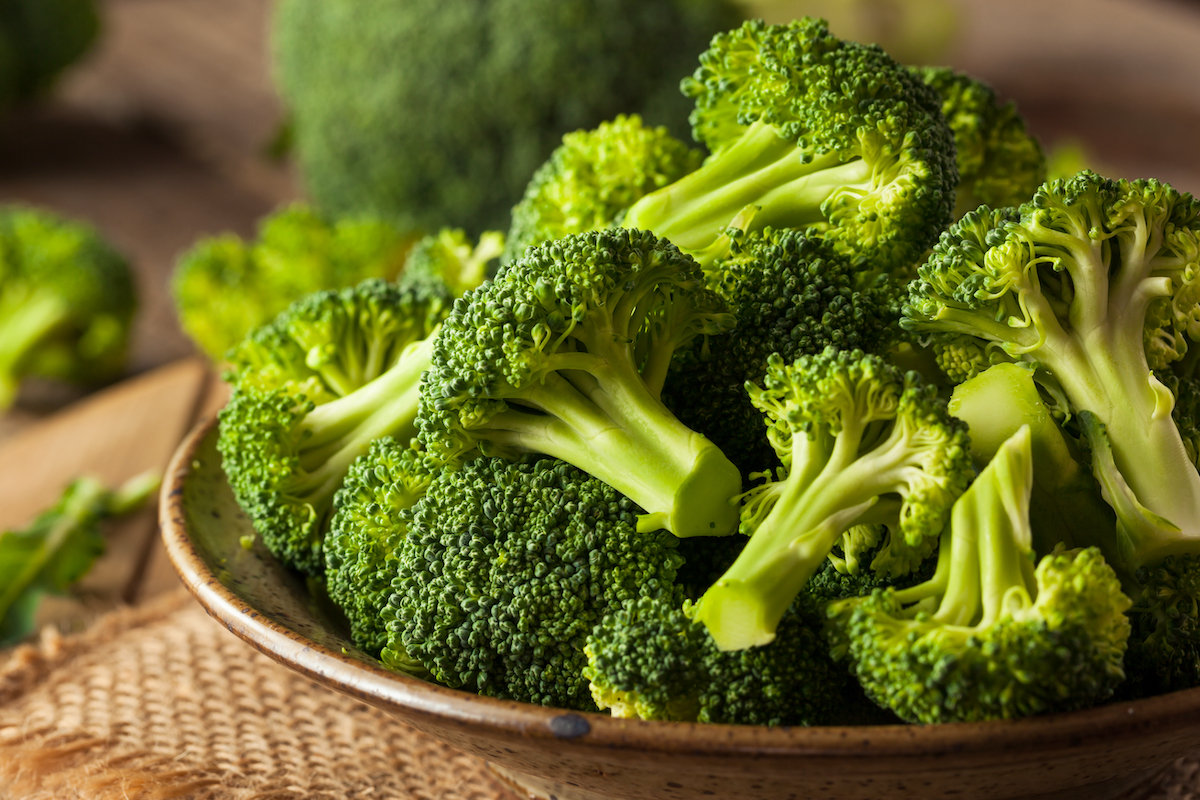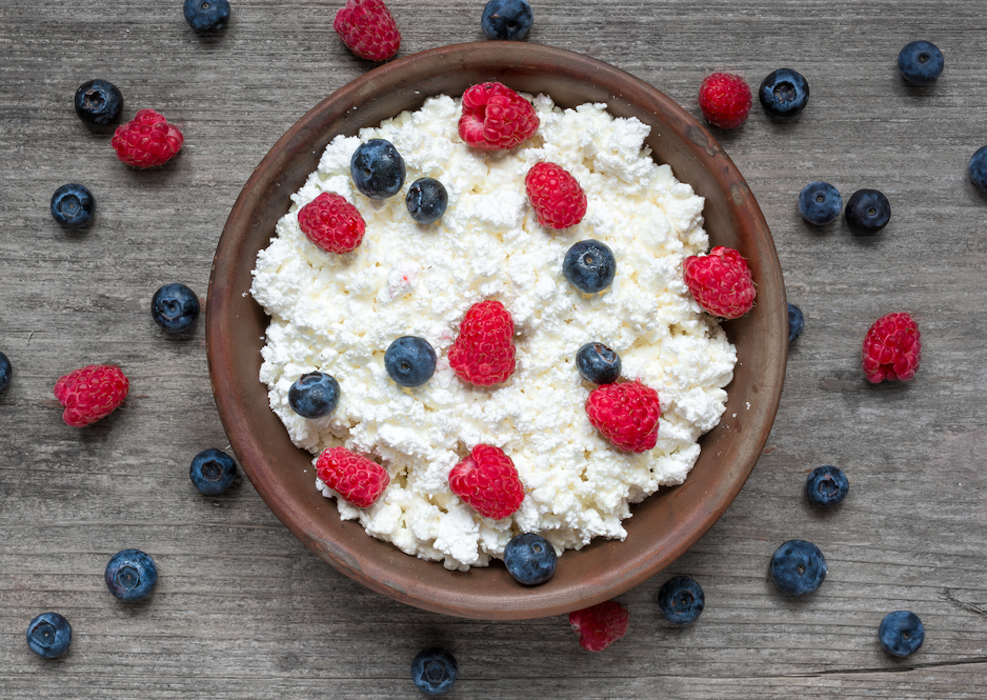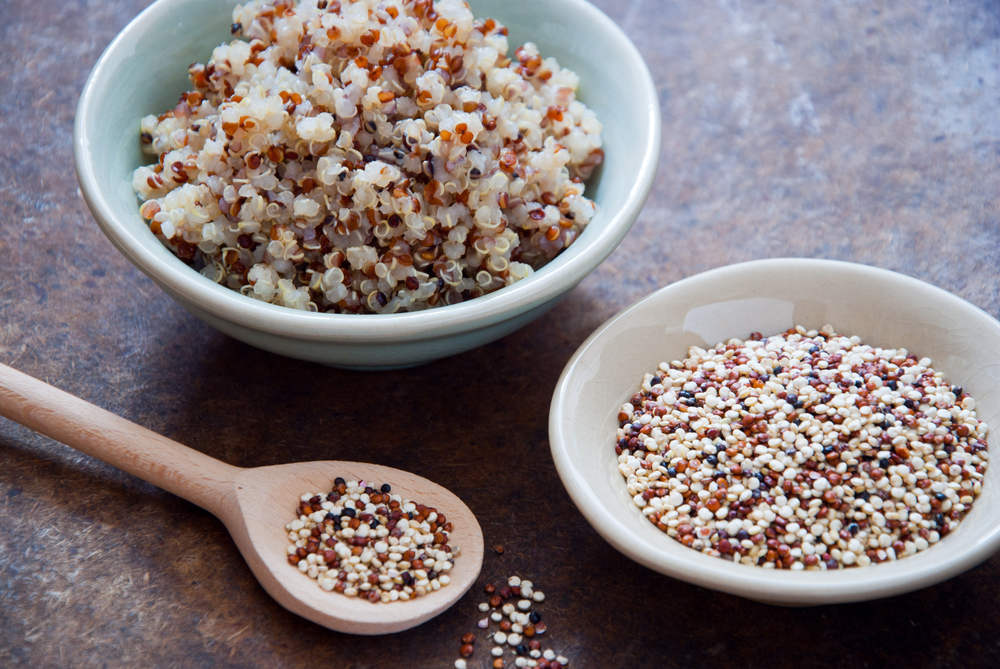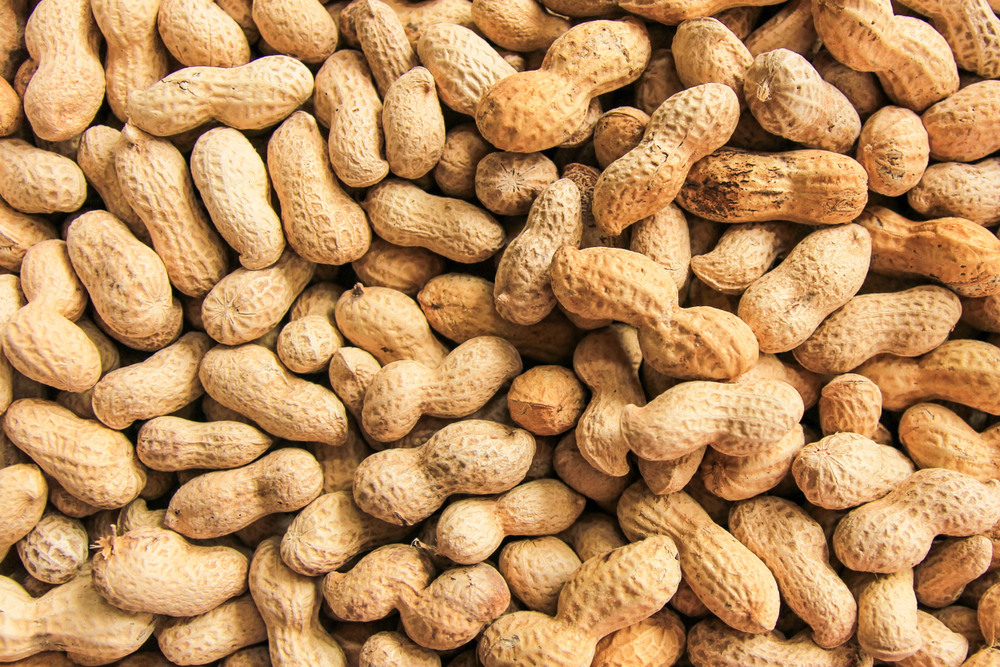One of the primary challenges of the keto diet is finding foods that fit the strict macronutrient ratios. While many fruits and vegetables are high in carbs, broccoli is a popular choice for those following a ketogenic lifestyle.
The question remains, is broccoli keto-friendly? Yes.
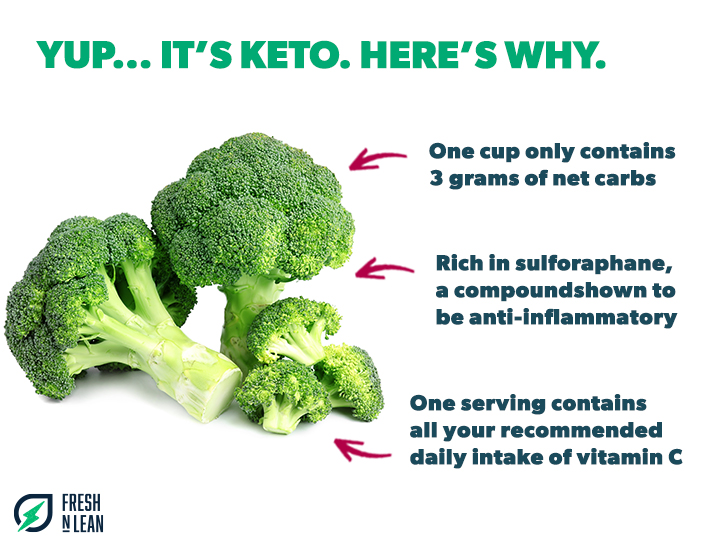
Table of Contents
- What Is Broccoli?
- Is Broccoli Keto-Friendly?
- Nutritional Value of Broccoli
- Benefits of Eating Broccoli on a Keto Diet
- Potential Risks of Eating Broccoli on Keto
- Keto Broccoli Recipes
- Frequently Asked Questions (FAQs)
- Summary
Keto-Friendly Vegetables
Incorporating broccoli into your low-carb, high-fat keto diet is easy! Unlike some high-carb veggies, a serving of broccoli is low in net carbs, high in fiber, and rich in essential nutrients.
With only 3 grams of net carbs per cup of cooked broccoli, it won’t derail your ketogenic state. Plus, it’s an excellent source of healthy fats and has a low-calorie count, making it a win-win for weight loss and overall health.
Take a look at the below chart to see how other vegetables compare broccoli in terms of net carbs, calories, and protein per serving:
| Calories (per 1 cup) | Total Protein (g) | Net Carbs(g) | |
| Cauliflower | 27.5 | 2.1 | 2.9 |
| Spinach (raw) | 6.7 | 0.7 | 0.4 |
| Kale (raw) | 10.8 | 0.7 | ~0 |
| Zucchini | 19.6 | 1.4 | 2.7 |
| Brussels sprouts (raw) | 38.7 | 3.0 | 4.5 |
What Is Broccoli?
Broccoli is a cruciferous vegetable that belongs to the same family as kale, cauliflower, and Brussels sprouts. It is a nutrient-dense food that is rich in vitamins, minerals, and antioxidants, making it an excellent addition to any healthy diet.
Is Broccoli Keto-Friendly?
Yes, broccoli is keto-friendly! It is low in carbohydrates and high in fiber, making it an excellent choice for those following a ketogenic lifestyle. One cup of cooked broccoli contains only 3 grams of net carbs, which is well within the daily limit for those on a keto diet.
Broccoli is a nutrient-dense vegetable that is packed with a variety of vitamins, minerals, and antioxidants. Some of the key nutrients in broccoli that make it beneficial for the keto diet include:
Fiber: Broccoli is a good source of fiber, with one cup of cooked broccoli providing 2.4 grams of fiber. Fiber is important for maintaining digestive health and can help you feel full and satisfied after meals.
Vitamin C: Broccoli is high in vitamin C, with one cup of cooked broccoli providing 135% of the daily value. Vitamin C is an important antioxidant that can help boost the immune system and protect against oxidative stress.
Vitamin K: Broccoli is also high in vitamin K, with one cup of cooked broccoli providing 245% of the daily value. Vitamin K is important for blood clotting and bone health.
Sulforaphane: Broccoli contains sulforaphane, a compound that has been shown to have anti-inflammatory and anti-cancer properties. It may also have a positive impact on heart health and brain function.
Indole-3-carbinol: Another compound found in broccoli is indole-3-carbinol, which has been shown to have anti-cancer properties and may also have a positive impact on estrogen levels.
These nutrients make broccoli an excellent choice for those following a ketogenic diet. The high fiber content helps support digestive health and can help you feel full and satisfied, while the antioxidants and anti-inflammatory compounds may help protect against chronic disease.
Overall, incorporating broccoli into your keto meal plan can provide a variety of health benefits while keeping you within your carb limits
Nutritional Value of Broccoli
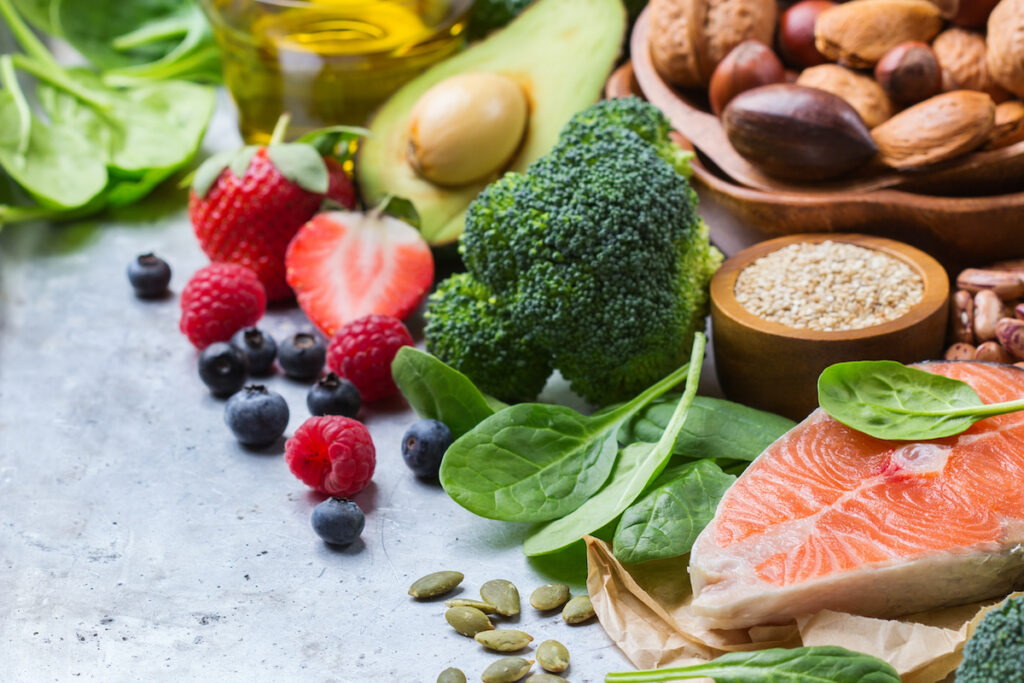
Broccoli is low in calories and high in fiber, making it an ideal food for weight loss. One cup of cooked broccoli contains:
- 55 calories
- 4 grams of protein
- 5 grams of carbs
- 2 grams of fiber
- 3 grams of sugar
- 220% of the daily recommended intake of vitamin C
- 16% of the daily recommended intake of vitamin A
- 12% of the daily recommended intake of potassium
Benefits of Eating Broccoli on a Keto Diet
Weight Loss – Broccoli is low in calories and high in fiber, making it an ideal food for staying within your daily intake limit and promoting weight loss.
Improved Digestion – Broccoli is high in fiber, which can help improve digestion and prevent constipation.
Reduced Inflammation – Broccoli contains antioxidants and anti-inflammatory compounds that can help reduce inflammation in the body.
Better Heart Health – Broccoli is rich in potassium, which can help lower blood pressure and improve heart health.
Potential Risk of Eating Broccoli on Keto
While broccoli is generally considered safe and healthy for most people, there are a few potential risks to keep in mind when eating it on the keto diet:
Digestive issues: While broccoli is high in fiber, some people may experience digestive issues such as bloating, gas, or diarrhea when eating too much of it. It’s important to start with a small amount and gradually increase your intake to allow your body to adjust.
Thyroid issues: Some studies suggest that consuming large amounts of cruciferous vegetables like broccoli can interfere with thyroid function in individuals who have an iodine deficiency. However, this is only a concern for those who consume very large amounts of these vegetables and have an underlying thyroid issue.
Food intolerances: Some people may be intolerant to certain compounds found in broccoli, such as histamines or FODMAPs. If you experience symptoms like bloating, gas, or abdominal pain after eating broccoli, it may be worth eliminating it from your diet to see if your symptoms improve.
Overall, broccoli is a healthy and nutritious food that can be a valuable addition to a ketogenic diet. As with any food, it’s important to listen to your body and adjust your intake based on your individual needs and preferences. If you have any concerns about incorporating broccoli into your diet, be sure to consult with a healthcare professional.
Keto Broccoli Recipes
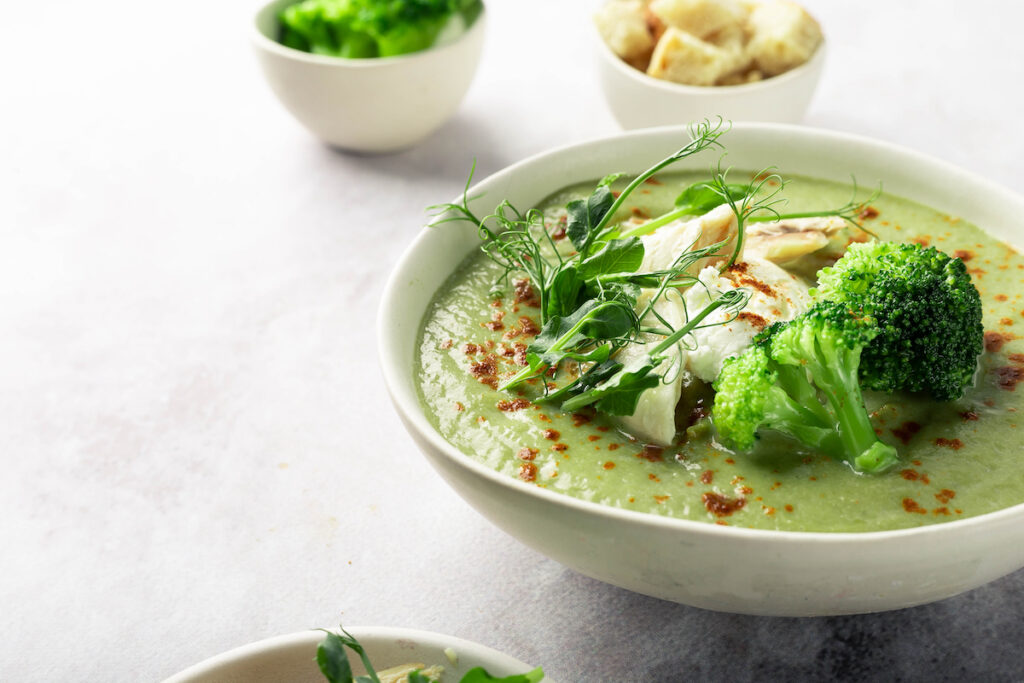
There are many delicious ways to incorporate broccoli into your keto diet, including:
Roasted Broccoli:
- 1 head of broccoli, cut into florets
- 2 tbsp olive oil
- Salt and pepper to taste
Instructions: Preheat the oven to 400°F. Toss the broccoli florets with olive oil, salt, and pepper. Spread them out on a baking sheet and roast for 15-20 minutes, or until tender and lightly browned.
Broccoli Soup:
- 1 head of broccoli, chopped
- 4 cups of bone broth
- 1 cup of heavy cream
- 1 onion, chopped
- 3 cloves of garlic, minced
- 2 tbsp of butter
- Salt and pepper to taste
Instructions: In a large pot, sauté the onion and garlic in butter until softened. Add the chopped broccoli and bone broth and bring to a boil. Reduce heat and simmer for 10-15 minutes, or until the broccoli is tender. Blend the soup until smooth using an immersion blender or transferring to a blender. Stir in the heavy cream and season with salt and pepper to taste.
Broccoli Salad:
- 1 head of broccoli, chopped into small florets
- 1/4 cup of olive oil
- 2 tbsp of lemon juice
- 1/4 cup of grated parmesan cheese
- Salt and pepper to taste
Instructions: Steam the broccoli florets until tender, about 5-7 minutes. In a large bowl, whisk together the olive oil, lemon juice, parmesan cheese, salt, and pepper. Toss the steamed broccoli in the dressing until well coated. Serve chilled.
These recipes are all simple, tasty, and keto-friendly, making it easy to incorporate broccoli into your diet in a variety of ways.
Broccoli Frequently Asked Questions
Is broccoli low in carbs?
Yes, broccoli is low in carbs. One cup of cooked broccoli contains only 5 grams of carbs and 2 grams of fiber, resulting in just 3 grams of net carbs.
Is broccoli high in protein?
Broccoli is not particularly high in protein, but it does contain a moderate amount. One cup of cooked broccoli contains 4 grams of protein.
Is broccoli good for weight loss?
Yes, broccoli is an excellent food for weight loss. It is low in calories and high in fiber, which can help you feel full and satisfied while consuming fewer calories.
Summary
Broccoli is an excellent choice for those following a ketogenic diet. It is low in carbs, high in fiber, and packed with nutrients that can support weight loss and overall health. Whether you enjoy it roasted, steamed, or in a salad, broccoli is a versatile vegetable that can be easily incorporated into your keto meal plan. So, the next time you’re wondering whether broccoli is keto-friendly, you can confidently say yes!
